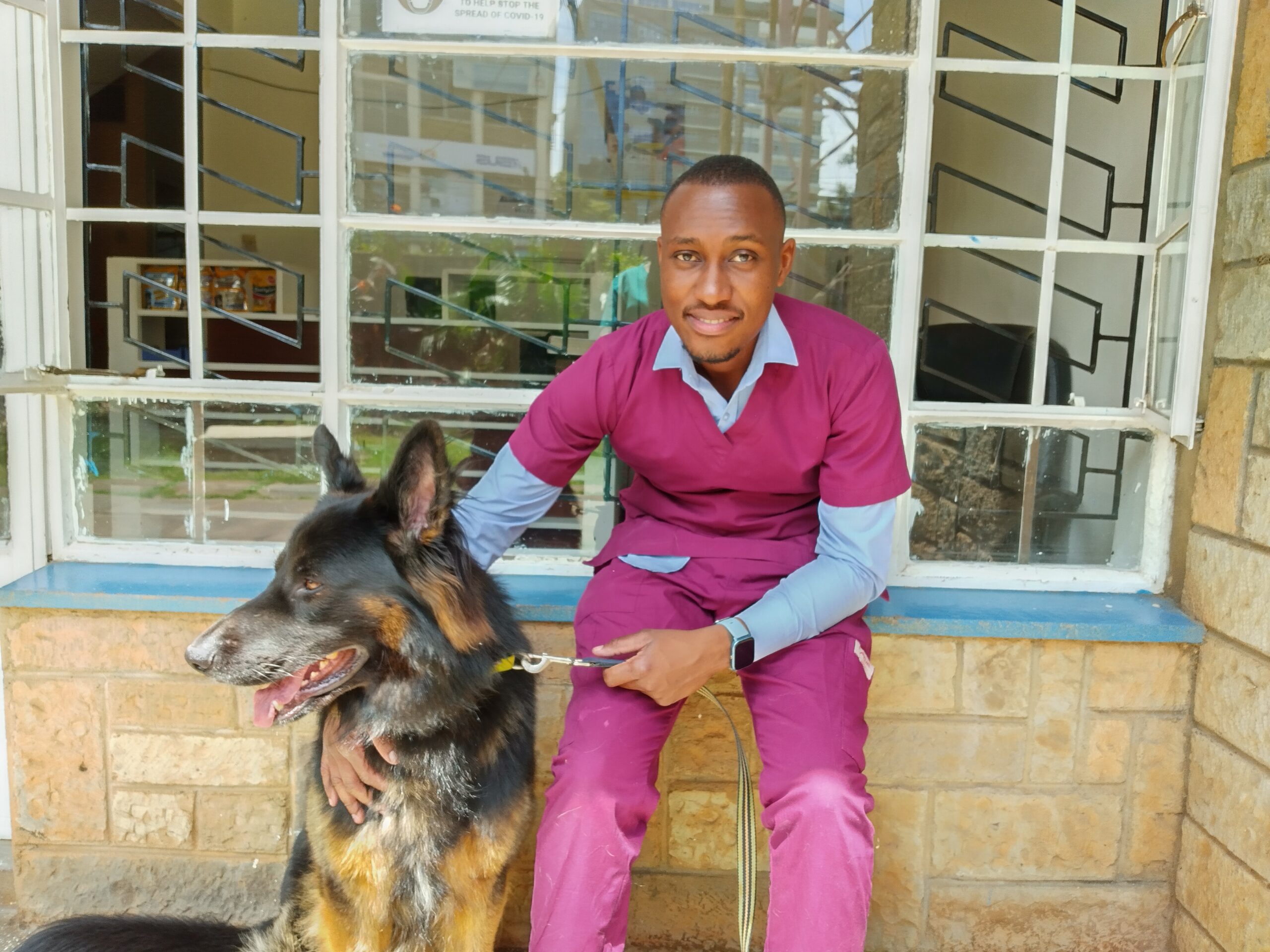Puppy checkup is an important part of responsible pet ownership. These checkups are crucial for monitoring your puppy’s health, ensuring they receive necessary vaccinations, and addressing any concerns you may have.
Here’s what you can expect during a puppy checkup:
- Scheduling: Contact Ducknet Veterinary Clinic to schedule your puppy’s first checkup. Puppies typically require several visits during their first few months of life for vaccinations and general health assessments.
- Health History: Be prepared to provide information about your puppy’s health history, including any vaccinations or treatments they may have already received from the breeder or previous owner.
- Physical Examination: The veterinarian will perform a thorough physical examination of your puppy. This includes checking their eyes, ears, nose, mouth, teeth, skin, coat, heart, lungs, abdomen, and musculoskeletal system. They will also assess your puppy’s overall body condition.
- Vaccinations: Puppies require a series of vaccinations to protect them against common diseases. The veterinarian will discuss the appropriate vaccination schedule for your puppy based on their age, breed, and lifestyle. Common vaccines include those for distemper, parvovirus, adenovirus, and rabies.
- Parasite Control: Your veterinarian will check for external parasites like fleas and ticks and discuss options for flea and tick prevention. They will also discuss deworming to address internal parasites like roundworms and hookworms.
- Nutrition and Diet: The vet can provide guidance on choosing an appropriate puppy food and feeding schedule based on your puppy’s age, breed, and size. They can also discuss any specific dietary concerns or restrictions.
- Behavior and Training: If you have any concerns about your puppy’s behavior or need advice on training, this is a good time to discuss these issues with the veterinarian.
- Microchipping: Consider microchipping your puppy for identification and safety. Your veterinarian can implant a microchip during the visit if desired.
- Grooming and Dental Care: Ask about grooming and dental care recommendations for your puppy, including when to start brushing their teeth and how to maintain their coat.
- Spaying or Neutering: Discuss the appropriate age for spaying or neutering your puppy if it has not already been done.
- Health Plan: The veterinarian may create a health plan or schedule for your puppy’s future checkups, vaccinations, and preventive care.
- Questions and Concerns: Don’t hesitate to ask any questions or voice concerns you may have about your puppy’s health or care.
Remember that regular veterinary checkups are crucial for ensuring your puppy grows up to be a healthy and happy adult dog. Follow your veterinarian’s recommendations for vaccinations and preventive care to provide the best possible start in life for your new companion.







